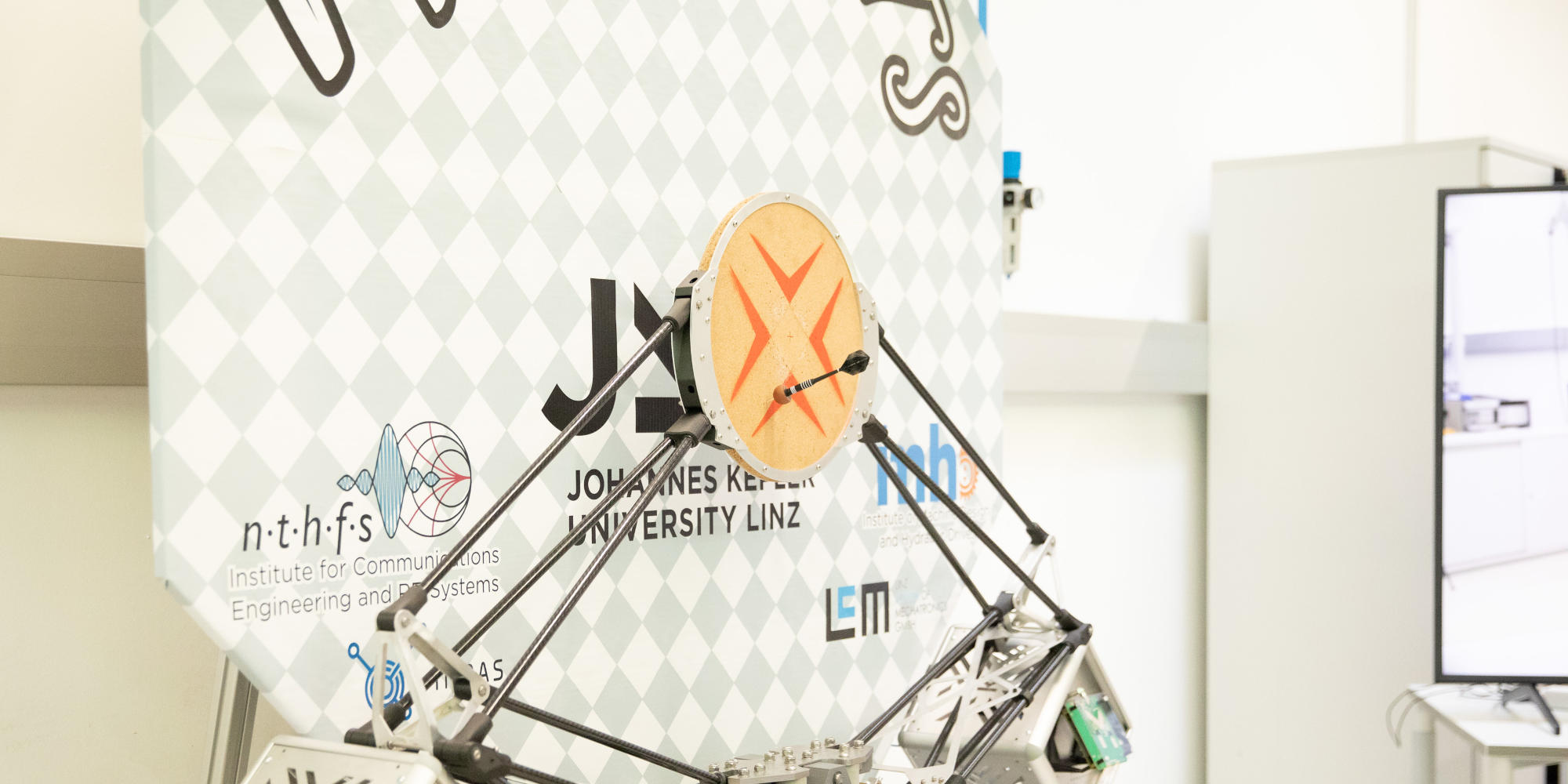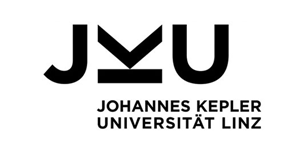Darts is a popular game, but difficult to master. In this version of darts, players always hit the bullseye. What looks like witchcraft is revealed as a mechatronic system, with a novel microwave sensor network and ultrafast hydraulic actors interacting. Such technologies will affect our future daily life, e.g. in self driving cars, with microwaves allowin us to see in the dark, with fog or dust; or in exoskeletons, where hydraulic actuation enables ultimate compactness.
Magic Darts or, when every throw is a perfect hit
What looks like witchcraft is revealed to be a mechatronic system: a novel microwave sensor network detects the approaching dart, algorithms compute its trajectory and continuously estimate the place and time of impact at the dartboard. Ultrafast hydraulic actuators enable the dartboard to move the target into position in a few hundredths of a second. Such technologies will affect our future daily life: in autonomous cars, with microwave radars allowing us to see in the dark, with fog or dust; when algorithms need to estimate the motion of potential obstacles; or in exoskeletons, where hydraulic actuation enables ultimate compactness, low weight and energy consumption far beyond the limits of current technologies.



